Vowels
In English, vowels are the letters A, E, I, O, U, and sometimes Y. They are the sounds that are made without any significant constriction or closure in the vocal tract. Vowels are the most prominent sounds in a word and are essential for forming syllables.
Types of Vowels
There are two main types of vowels: short vowels and long vowels.
- Short Vowels: These are the vowels that make a short sound, as heard in words like "cat," "egg," and "pig." Short vowel sounds are typically found in closed syllables, where a single vowel is followed by a consonant.
- Long Vowels: These are the vowels that make a long sound, as heard in words like "cake," "feet," and "cube." Long vowel sounds are often found in open syllables, where a single vowel is followed by a consonant and then another vowel.
Study Guide
Here are some tips for studying vowels:
- Practice identifying and differentiating between short and long vowel sounds in words.
- Use flashcards to memorize common words that contain short and long vowel sounds.
- Read aloud and listen to words with different vowel sounds to become familiar with their pronunciation.
- Practice writing words with different vowel sounds to reinforce spelling patterns.
- Engage in vowel sound games and activities to make learning fun and interactive.
Understanding vowels is crucial for developing strong reading and spelling skills. With practice and exposure to various words, students can become proficient in recognizing and using vowels effectively in their language arts activities.
[Vowel] Related Worksheets and Study Guides:
.◂English Language Arts Worksheets and Study Guides First Grade. Spelling
Study Guide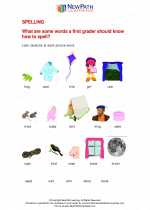 Spelling
Spelling  Worksheet/Answer key
Worksheet/Answer key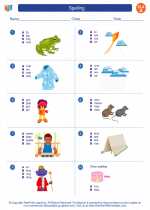 Spelling
Spelling  Worksheet/Answer key
Worksheet/Answer key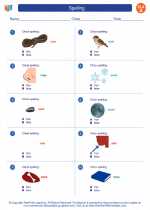 Spelling
Spelling  Worksheet/Answer key
Worksheet/Answer key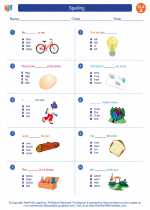 Spelling
Spelling  Worksheet/Answer key
Worksheet/Answer key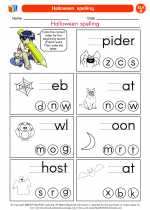 Halloween spelling
Halloween spelling  Worksheet/Answer key
Worksheet/Answer key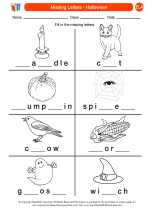 Missing letters - Halloween
Missing letters - Halloween  Worksheet/Answer key
Worksheet/Answer key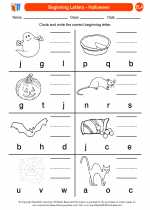 Beginning Letters Halloween
Beginning Letters Halloween  Worksheet/Answer key
Worksheet/Answer key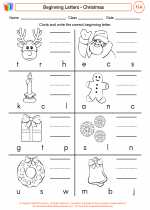 Beginning Letters
Beginning Letters  Worksheet/Answer key
Worksheet/Answer key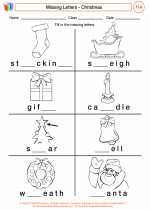 Missing Letters
Missing Letters  Worksheet/Answer key
Worksheet/Answer key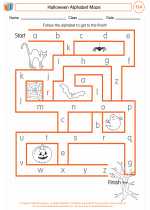 Halloween Alphabet Maze
Halloween Alphabet Maze  Worksheet/Answer key
Worksheet/Answer key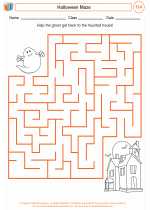 Halloween Maze
Halloween Maze  Worksheet/Answer key
Worksheet/Answer key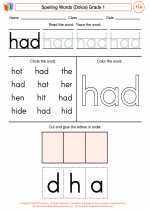 Spelling Words (Dolce)
Spelling Words (Dolce)  Worksheet/Answer key
Worksheet/Answer key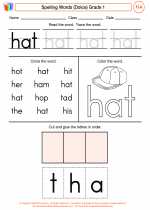 Spelling Words (Dolce)
Spelling Words (Dolce)  Worksheet/Answer key
Worksheet/Answer key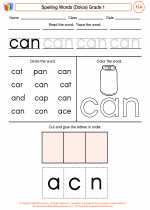 Spelling Words (Dolce)
Spelling Words (Dolce)  Worksheet/Answer key
Worksheet/Answer key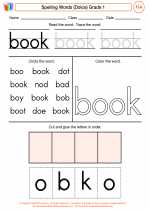 Spelling Words (Dolce)
Spelling Words (Dolce)  Worksheet/Answer key
Worksheet/Answer key Missing Letters - Winter
Missing Letters - Winter  Worksheet/Answer key
Worksheet/Answer key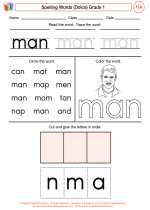 Spelling Words (Dolce)
Spelling Words (Dolce)  Worksheet/Answer key
Worksheet/Answer key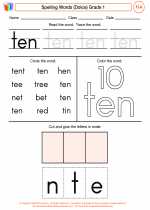 Spelling Words (Dolce)
Spelling Words (Dolce)  Worksheet/Answer key
Worksheet/Answer key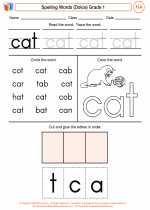 Spelling Words (Dolce)
Spelling Words (Dolce)  Worksheet/Answer key
Worksheet/Answer key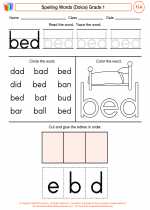 Spelling Words (Dolce)
Spelling Words (Dolce)  Worksheet/Answer key
Worksheet/Answer key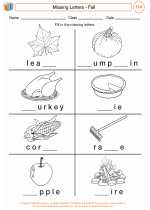 Missing Letters - Fall
Missing Letters - Fall  Worksheet/Answer key
Worksheet/Answer key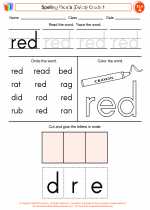 Spelling Words (Dolce)
Spelling Words (Dolce)  Worksheet/Answer key
Worksheet/Answer key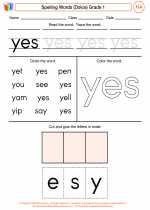 Spelling Words (Dolce)
Spelling Words (Dolce)  Worksheet/Answer key
Worksheet/Answer key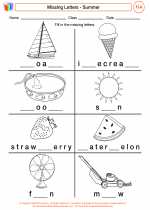 Missing Letters - Summer
Missing Letters - Summer  Worksheet/Answer key
Worksheet/Answer key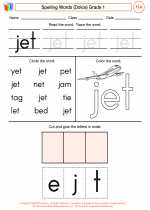 Spelling Words (Dolce)
Spelling Words (Dolce)  Worksheet/Answer key
Worksheet/Answer key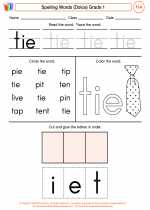 Spelling Words (Dolce)
Spelling Words (Dolce)  Worksheet/Answer key
Worksheet/Answer key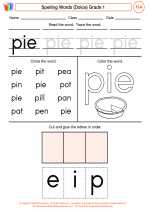 Spelling Words (Dolce)
Spelling Words (Dolce)  Worksheet/Answer key
Worksheet/Answer key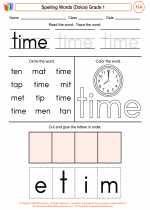 Spelling Words (Dolce)
Spelling Words (Dolce)  Worksheet/Answer key
Worksheet/Answer key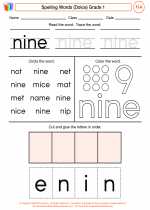 Spelling Words (Dolce)
Spelling Words (Dolce)  Worksheet/Answer key
Worksheet/Answer key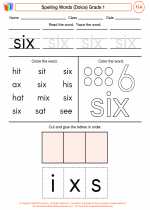 Spelling Words (Dolce)
Spelling Words (Dolce)  Worksheet/Answer key
Worksheet/Answer key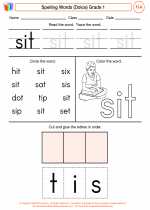 Spelling Words (Dolce)
Spelling Words (Dolce)  Worksheet/Answer key
Worksheet/Answer key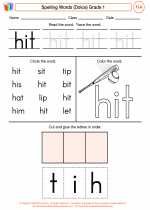 Spelling Words (Dolce)
Spelling Words (Dolce)  Worksheet/Answer key
Worksheet/Answer key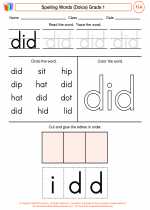 Spelling Words (Dolce)
Spelling Words (Dolce)  Worksheet/Answer key
Worksheet/Answer key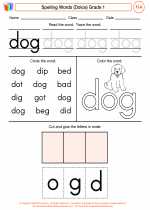 Spelling Words (Dolce)
Spelling Words (Dolce)  Worksheet/Answer key
Worksheet/Answer key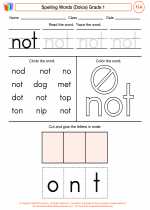 Spelling Words (Dolce)
Spelling Words (Dolce)  Worksheet/Answer key
Worksheet/Answer key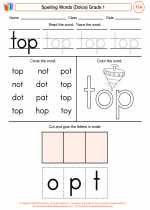 Spelling Words (Dolce)
Spelling Words (Dolce)  Worksheet/Answer key
Worksheet/Answer key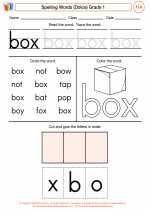 Spelling Words (Dolce)
Spelling Words (Dolce)  Worksheet/Answer key
Worksheet/Answer key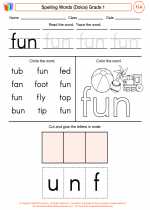 Spelling Words (Dolce)
Spelling Words (Dolce)  Worksheet/Answer key
Worksheet/Answer key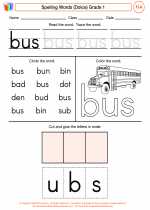 Spelling Words (Dolce)
Spelling Words (Dolce)  Worksheet/Answer key
Worksheet/Answer key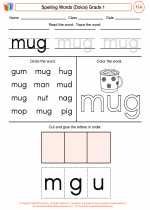 Spelling Words (Dolce)
Spelling Words (Dolce)  Worksheet/Answer key
Worksheet/Answer key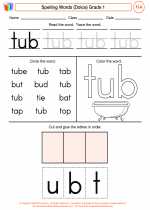 Spelling Words (Dolce)
Spelling Words (Dolce)  Worksheet/Answer key
Worksheet/Answer key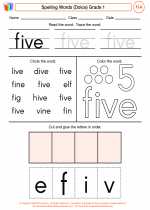 Spelling Words (Dolce)
Spelling Words (Dolce)  Worksheet/Answer key
Worksheet/Answer key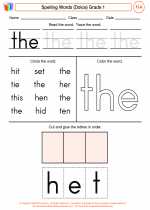 Spelling Words (Dolce)
Spelling Words (Dolce)  Worksheet/Answer key
Worksheet/Answer key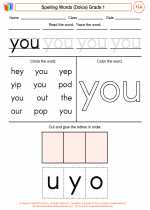 Spelling Words (Dolce)
Spelling Words (Dolce)  Worksheet/Answer key
Worksheet/Answer key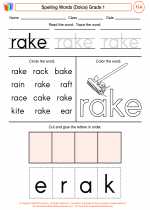 Spelling Words (Dolce)
Spelling Words (Dolce)  Worksheet/Answer key
Worksheet/Answer key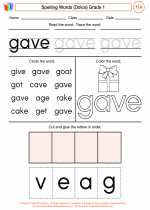 Spelling Words (Dolce)
Spelling Words (Dolce)  Worksheet/Answer key
Worksheet/Answer key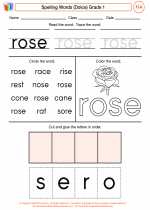 Spelling Words (Dolce)
Spelling Words (Dolce)  Worksheet/Answer key
Worksheet/Answer key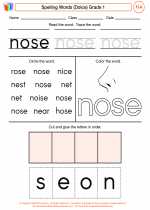 Spelling Words (Dolce)
Spelling Words (Dolce)  Worksheet/Answer key
Worksheet/Answer key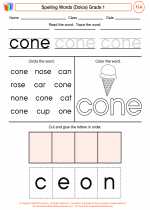 Spelling Words (Dolce)
Spelling Words (Dolce)  Worksheet/Answer key
Worksheet/Answer key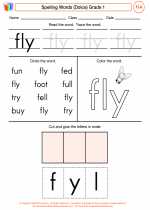 Spelling Words (Dolce)
Spelling Words (Dolce)  Worksheet/Answer key
Worksheet/Answer key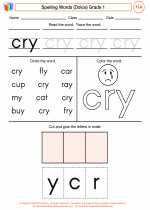 Spelling Words (Dolce)
Spelling Words (Dolce)  Worksheet/Answer key
Worksheet/Answer key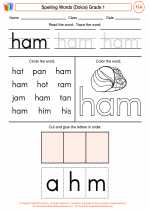 Spelling Words (Dolce)
Spelling Words (Dolce)  Worksheet/Answer key
Worksheet/Answer key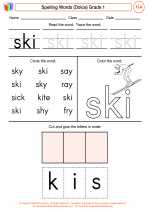 Spelling Words (Dolce)
Spelling Words (Dolce)  Worksheet/Answer key
Worksheet/Answer key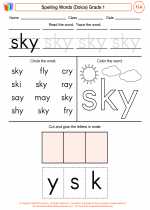 Spelling Words (Dolce)
Spelling Words (Dolce)  Worksheet/Answer key
Worksheet/Answer key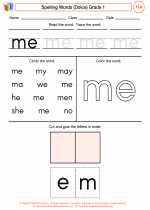 Spelling Words (Dolce)
Spelling Words (Dolce)  Worksheet/Answer key
Worksheet/Answer key Spelling Words (Dolce)
Spelling Words (Dolce)  Worksheet/Answer key
Worksheet/Answer key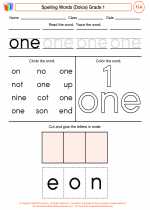 Spelling Words (Dolce)
Spelling Words (Dolce)  Worksheet/Answer key
Worksheet/Answer key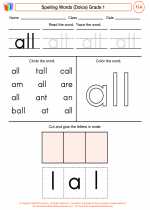 Spelling Words (Dolce)
Spelling Words (Dolce)  Worksheet/Answer key
Worksheet/Answer key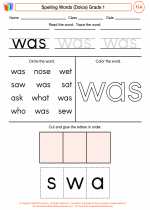 Spelling Words (Dolce)
Spelling Words (Dolce)  Worksheet/Answer key
Worksheet/Answer key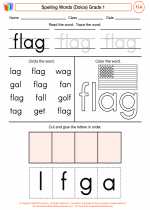 Spelling Words (Dolce)
Spelling Words (Dolce)  Worksheet/Answer key
Worksheet/Answer key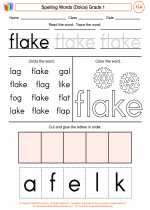 Spelling Words (Dolce)
Spelling Words (Dolce)  Worksheet/Answer key
Worksheet/Answer key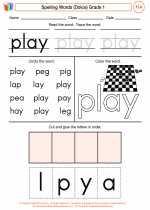 Spelling Words (Dolce)
Spelling Words (Dolce)  Worksheet/Answer key
Worksheet/Answer key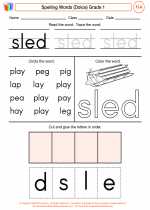 Spelling Words (Dolce)
Spelling Words (Dolce)  Worksheet/Answer key
Worksheet/Answer key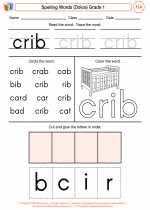 Spelling Words (Dolce)
Spelling Words (Dolce)  Worksheet/Answer key
Worksheet/Answer key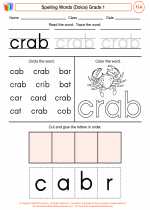 Spelling Words (Dolce)
Spelling Words (Dolce)  Worksheet/Answer key
Worksheet/Answer key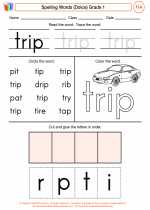 Spelling Words (Dolce)
Spelling Words (Dolce)  Worksheet/Answer key
Worksheet/Answer key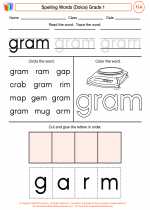 Spelling Words (Dolce)
Spelling Words (Dolce)  Worksheet/Answer key
Worksheet/Answer key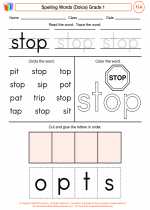 Spelling Words (Dolce)
Spelling Words (Dolce)  Worksheet/Answer key
Worksheet/Answer key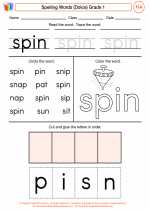 Spelling Words (Dolce)
Spelling Words (Dolce)  Worksheet/Answer key
Worksheet/Answer key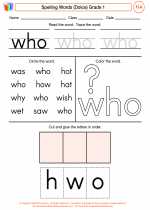 Spelling Words (Dolce)
Spelling Words (Dolce)  Worksheet/Answer key
Worksheet/Answer key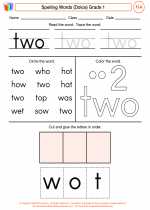 Spelling Words (Dolce)
Spelling Words (Dolce)  Worksheet/Answer key
Worksheet/Answer key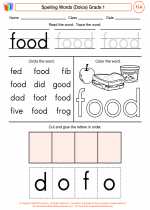 Spelling Words (Dolce)
Spelling Words (Dolce)  Worksheet/Answer key
Worksheet/Answer key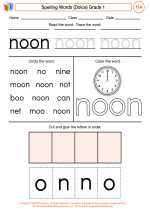 Spelling Words (Dolce)
Spelling Words (Dolce)  Worksheet/Answer key
Worksheet/Answer key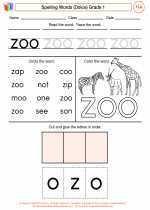 Spelling Words (Dolce)
Spelling Words (Dolce)  Worksheet/Answer key
Worksheet/Answer key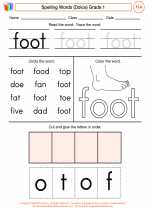 Spelling Words (Dolce)
Spelling Words (Dolce)  Worksheet/Answer key
Worksheet/Answer key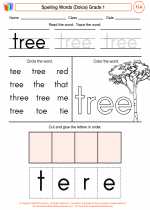 Spelling Words (Dolce)
Spelling Words (Dolce)  Worksheet/Answer key
Worksheet/Answer key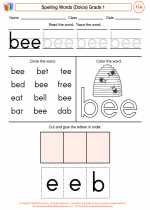 Spelling Words (Dolce)
Spelling Words (Dolce)  Worksheet/Answer key
Worksheet/Answer key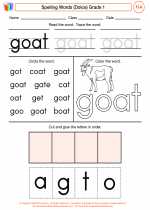 Spelling Words (Dolce)
Spelling Words (Dolce)  Worksheet/Answer key
Worksheet/Answer key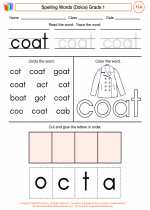 Spelling Words (Dolce)
Spelling Words (Dolce)  Worksheet/Answer key
Worksheet/Answer key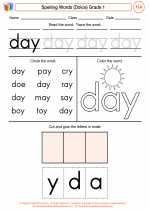 Spelling Words (Dolce)
Spelling Words (Dolce)  Worksheet/Answer key
Worksheet/Answer key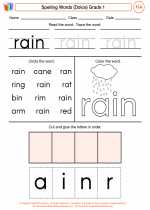 Spelling Words (Dolce)
Spelling Words (Dolce)  Worksheet/Answer key
Worksheet/Answer key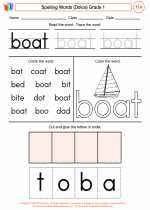 Spelling Words (Dolce)
Spelling Words (Dolce)  Worksheet/Answer key
Worksheet/Answer key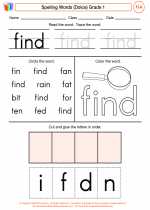 Spelling Words (Dolce)
Spelling Words (Dolce)  Worksheet/Answer key
Worksheet/Answer key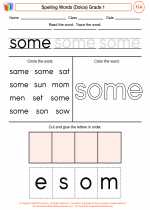 Spelling Words (Dolce)
Spelling Words (Dolce)  Worksheet/Answer key
Worksheet/Answer key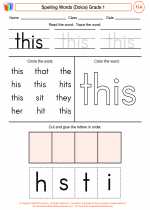 Spelling Words (Dolce)
Spelling Words (Dolce)  Worksheet/Answer key
Worksheet/Answer key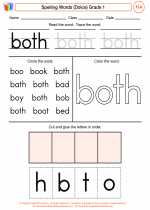 Spelling Words (Dolce)
Spelling Words (Dolce)  Worksheet/Answer key
Worksheet/Answer key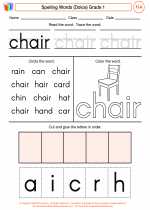 Spelling Words (Dolce)
Spelling Words (Dolce)  Worksheet/Answer key
Worksheet/Answer key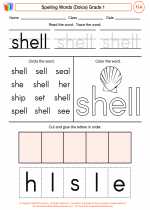 Spelling Words (Dolce)
Spelling Words (Dolce)  Worksheet/Answer key
Worksheet/Answer key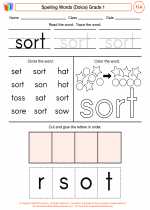 Spelling Words (Dolce)
Spelling Words (Dolce)  Worksheet/Answer key
Worksheet/Answer key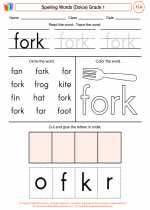 Spelling Words (Dolce)
Spelling Words (Dolce)  Worksheet/Answer key
Worksheet/Answer key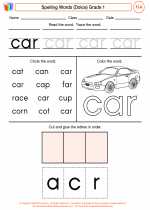 Spelling Words (Dolce)
Spelling Words (Dolce)  Worksheet/Answer key
Worksheet/Answer key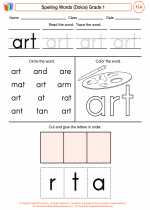 Spelling Words (Dolce)
Spelling Words (Dolce)  Worksheet/Answer key
Worksheet/Answer key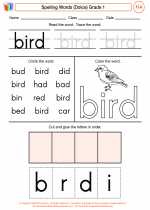 Spelling Words (Dolce)
Spelling Words (Dolce)  Worksheet/Answer key
Worksheet/Answer key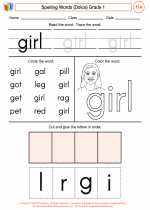 Spelling Words (Dolce)
Spelling Words (Dolce)  Worksheet/Answer key
Worksheet/Answer key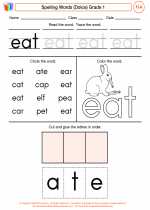 Spelling Words (Dolce)
Spelling Words (Dolce)  Worksheet/Answer key
Worksheet/Answer key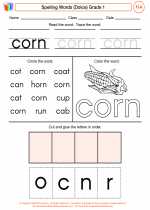 Spelling Words (Dolce)
Spelling Words (Dolce)  Worksheet/Answer key
Worksheet/Answer key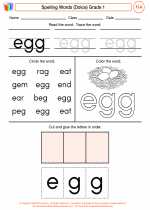 Spelling Words (Dolce)
Spelling Words (Dolce)  Worksheet/Answer key
Worksheet/Answer key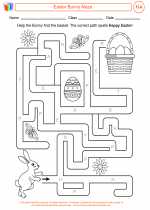 Easter Bunny Maze
Easter Bunny Maze 

 Worksheet/Answer key
Worksheet/Answer key
 Worksheet/Answer key
Worksheet/Answer key
 Worksheet/Answer key
Worksheet/Answer key
 Worksheet/Answer key
Worksheet/Answer key
 Worksheet/Answer key
Worksheet/Answer key
 Worksheet/Answer key
Worksheet/Answer key
 Worksheet/Answer key
Worksheet/Answer key
 Worksheet/Answer key
Worksheet/Answer key
 Worksheet/Answer key
Worksheet/Answer key
 Worksheet/Answer key
Worksheet/Answer key
 Worksheet/Answer key
Worksheet/Answer key
 Worksheet/Answer key
Worksheet/Answer key
 Worksheet/Answer key
Worksheet/Answer key
 Worksheet/Answer key
Worksheet/Answer key
 Worksheet/Answer key
Worksheet/Answer key
 Worksheet/Answer key
Worksheet/Answer key
 Worksheet/Answer key
Worksheet/Answer key
 Worksheet/Answer key
Worksheet/Answer key
 Worksheet/Answer key
Worksheet/Answer key
 Worksheet/Answer key
Worksheet/Answer key
 Worksheet/Answer key
Worksheet/Answer key
 Worksheet/Answer key
Worksheet/Answer key
 Worksheet/Answer key
Worksheet/Answer key
 Worksheet/Answer key
Worksheet/Answer key
 Worksheet/Answer key
Worksheet/Answer key
 Worksheet/Answer key
Worksheet/Answer key
 Worksheet/Answer key
Worksheet/Answer key
 Worksheet/Answer key
Worksheet/Answer key
 Worksheet/Answer key
Worksheet/Answer key
 Worksheet/Answer key
Worksheet/Answer key
 Worksheet/Answer key
Worksheet/Answer key
 Worksheet/Answer key
Worksheet/Answer key
 Worksheet/Answer key
Worksheet/Answer key
 Worksheet/Answer key
Worksheet/Answer key
 Worksheet/Answer key
Worksheet/Answer key
 Worksheet/Answer key
Worksheet/Answer key
 Worksheet/Answer key
Worksheet/Answer key
 Worksheet/Answer key
Worksheet/Answer key
 Worksheet/Answer key
Worksheet/Answer key
 Worksheet/Answer key
Worksheet/Answer key
 Worksheet/Answer key
Worksheet/Answer key
 Worksheet/Answer key
Worksheet/Answer key
 Worksheet/Answer key
Worksheet/Answer key
 Worksheet/Answer key
Worksheet/Answer key
 Worksheet/Answer key
Worksheet/Answer key
 Worksheet/Answer key
Worksheet/Answer key
 Worksheet/Answer key
Worksheet/Answer key
 Worksheet/Answer key
Worksheet/Answer key
 Worksheet/Answer key
Worksheet/Answer key
 Worksheet/Answer key
Worksheet/Answer key
 Worksheet/Answer key
Worksheet/Answer key
 Worksheet/Answer key
Worksheet/Answer key
 Worksheet/Answer key
Worksheet/Answer key
 Worksheet/Answer key
Worksheet/Answer key
 Worksheet/Answer key
Worksheet/Answer key
 Worksheet/Answer key
Worksheet/Answer key
 Worksheet/Answer key
Worksheet/Answer key
 Worksheet/Answer key
Worksheet/Answer key
 Worksheet/Answer key
Worksheet/Answer key
 Worksheet/Answer key
Worksheet/Answer key
 Worksheet/Answer key
Worksheet/Answer key
 Worksheet/Answer key
Worksheet/Answer key
 Worksheet/Answer key
Worksheet/Answer key
 Worksheet/Answer key
Worksheet/Answer key
 Worksheet/Answer key
Worksheet/Answer key
 Worksheet/Answer key
Worksheet/Answer key
 Worksheet/Answer key
Worksheet/Answer key
 Worksheet/Answer key
Worksheet/Answer key
 Worksheet/Answer key
Worksheet/Answer key
 Worksheet/Answer key
Worksheet/Answer key
 Worksheet/Answer key
Worksheet/Answer key
 Worksheet/Answer key
Worksheet/Answer key
 Worksheet/Answer key
Worksheet/Answer key
 Worksheet/Answer key
Worksheet/Answer key
 Worksheet/Answer key
Worksheet/Answer key
 Worksheet/Answer key
Worksheet/Answer key
 Worksheet/Answer key
Worksheet/Answer key
 Worksheet/Answer key
Worksheet/Answer key
 Worksheet/Answer key
Worksheet/Answer key
 Worksheet/Answer key
Worksheet/Answer key
 Worksheet/Answer key
Worksheet/Answer key
 Worksheet/Answer key
Worksheet/Answer key
 Worksheet/Answer key
Worksheet/Answer key
 Worksheet/Answer key
Worksheet/Answer key
 Worksheet/Answer key
Worksheet/Answer key
 Worksheet/Answer key
Worksheet/Answer key
 Worksheet/Answer key
Worksheet/Answer key
 Worksheet/Answer key
Worksheet/Answer key
 Worksheet/Answer key
Worksheet/Answer key
 Worksheet/Answer key
Worksheet/Answer key
 Worksheet/Answer key
Worksheet/Answer key
 Worksheet/Answer key
Worksheet/Answer key
 Worksheet/Answer key
Worksheet/Answer key
 Worksheet/Answer key
Worksheet/Answer key
 Worksheet/Answer key
Worksheet/Answer key
 Worksheet/Answer key
Worksheet/Answer key
 Worksheet/Answer key
Worksheet/Answer key

The resources above cover the following skills:
Students apply knowledge of language structure, language conventions (e.g., spelling and punctuation), media techniques, figurative language, and genre to create, critique, and discuss print and nonprint texts. (NCTE)